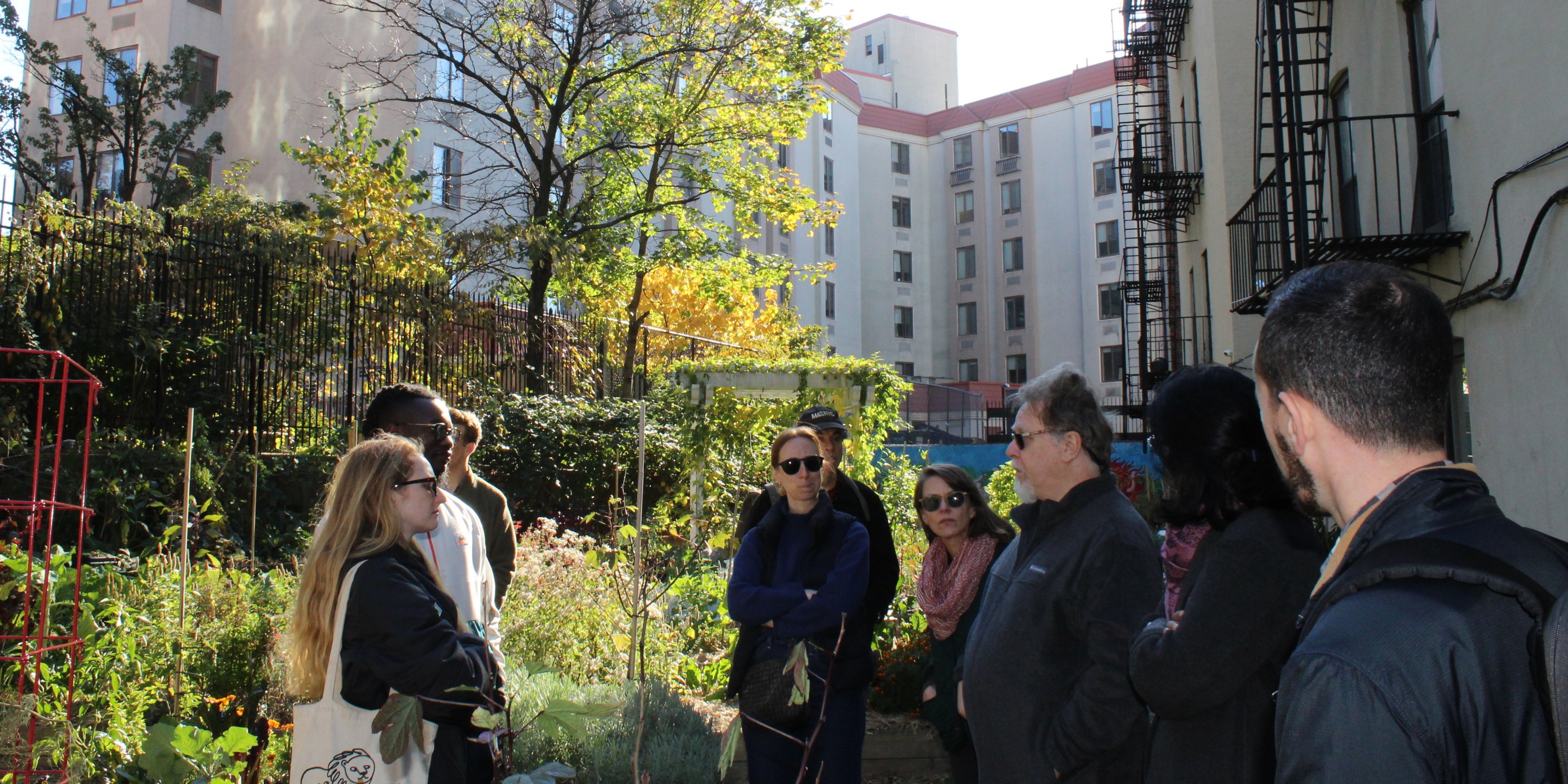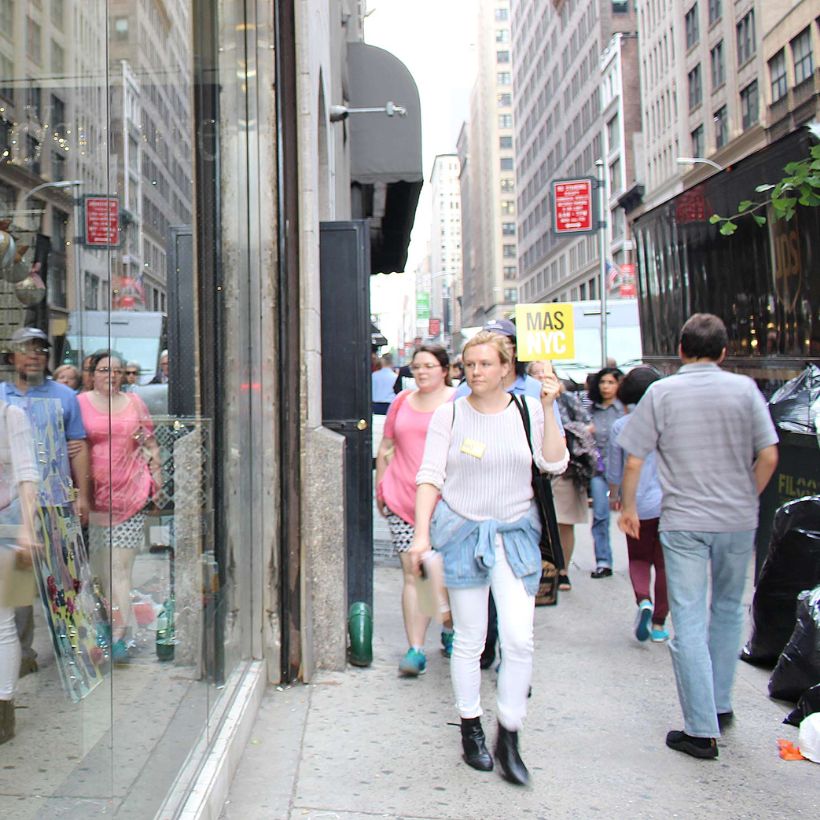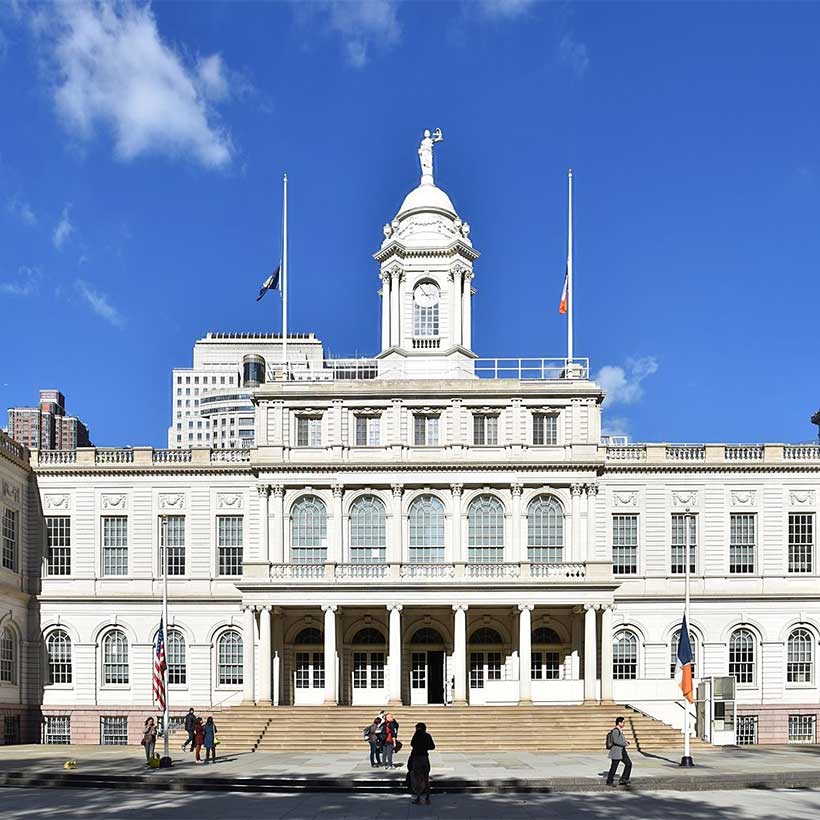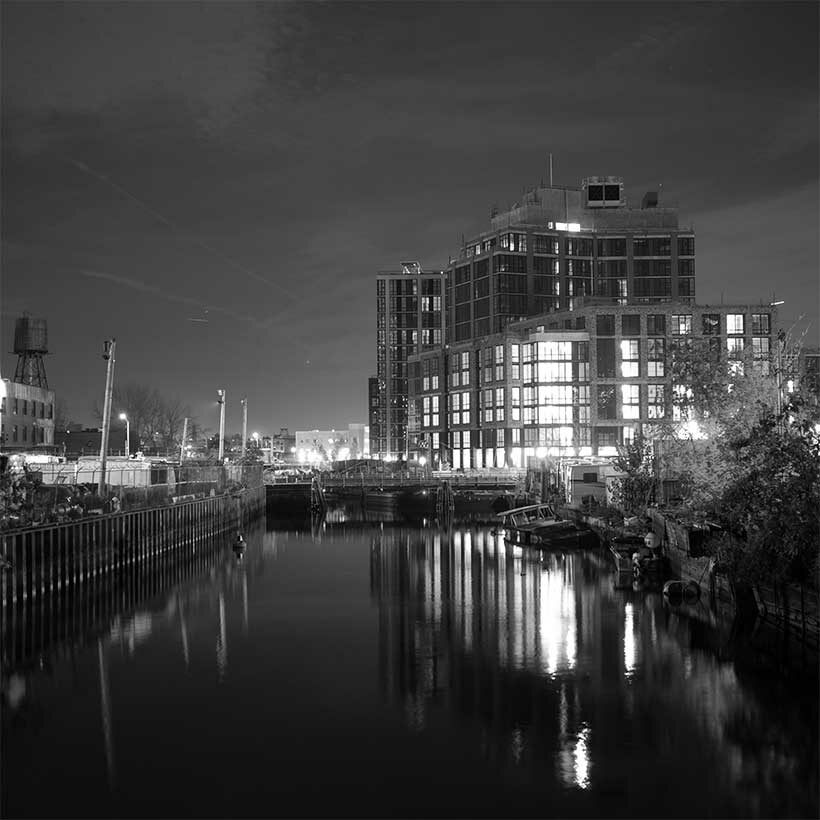MAS Testimony to the Commission to Strengthen Local Democracy
Thursday, June 26, 2025
The Municipal Art Society of New York works to foster thoughtful, equitable planning and public participation in the shaping of our city.
MAS appreciates that the Commission to Strengthen Local Democracy has taken seriously the need to improve community planning, particularly in neighborhoods facing displacement. We support your recommendation to strengthen planning in Limited Affordability Areas (LAA) and to require community boards to incorporate housing targets into their annual statements of needs. As a member of the Thriving Communities Coalition (TCC), MAS joins our partners in calling for the City Council to vote on citywide and district-level housing production targets, and for the capital budget to reflect support for these proposed levels. Aligning planning, budget, and land use decisions in this way is essential to creating a more accountable and equitable system.
Download Testimony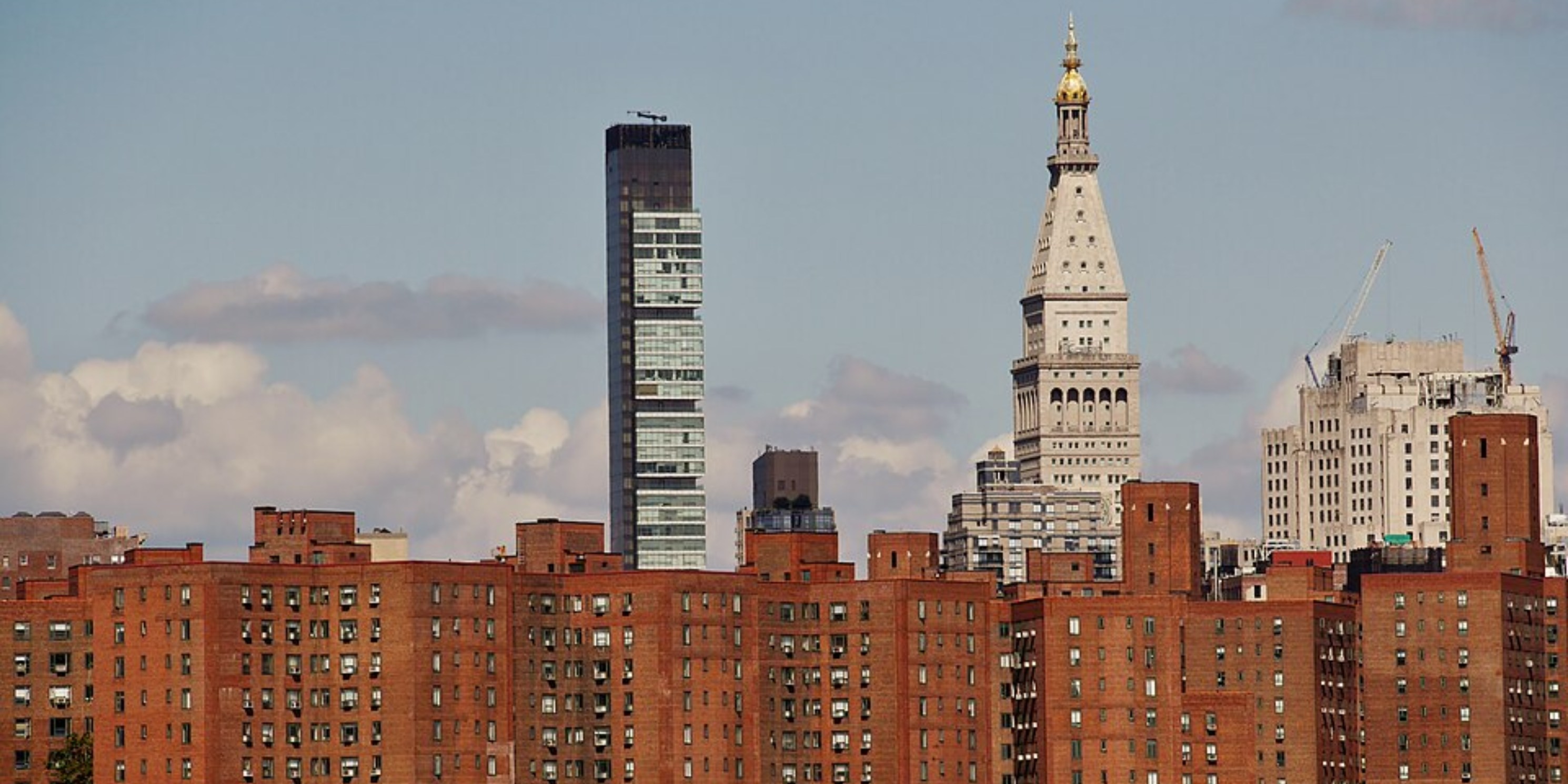
We also support renewed attention to the 197-a process and community-led rezoning efforts that are well informed and help shape growth proactively. Requiring the Department of City Planning (DCP) to assist in the creation and implementation of these local plans, especially as a way for districts to meet their housing obligations, would help make 197-a planning a more rigorous and effective part of our land use framework. When combined with binding targets under the Fair Housing Framework, increased support for community boards, and capital investments, this approach offers a comprehensive planning structure that can help the City meet its housing goals in a way that reflects both equity and local needs.
MAS supports efforts to make it easier for small and nonprofit developers to build affordable “missing middle” housing. We support a reevaluation of the scope of projects that require a full Uniform Land Use Review Procedure (ULURP). And we urge the City to evaluate whether projects that meet environmental requirements and are exempt from the City Environmental Quality Review (CEQR) process under the Green Fast Track program could also be exempt from ULURP. However, MAS opposes fast-tracking land use reviews based only on the inclusion of housing, as this could undermine the intention of ULURP. Finally, if the goal is to increase housing supply, the City should focus on resourcing DCP to improve the pre-certification process and advancing reforms to CEQR, not weakening public review.
MAS thanks the Commission for its thoughtful work on further democratizing our land use processes, and we urge the Commission to prioritize reforms that strengthen public engagement and equity in planning.
Sincerely,

Keri Butler
Interim President, Municipal Art Society of New York
